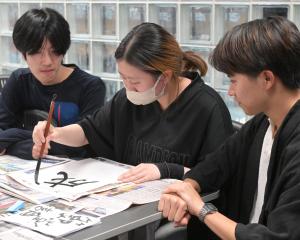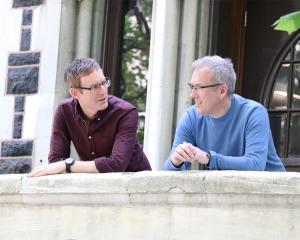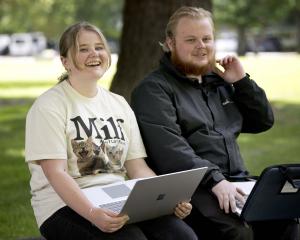
And while an independent evaluation of the success of the CCTV network was due to be considered by the university council, deputy proctor Geoff Burns said he was "extremely happy" with how the network was performing.
There were 236 CCTV review requests in 2020, up from 120 in 2019, and students were becoming more familiar with the review process, Mr Burns said.
The security camera network had helped in police investigations.
In one incident cameras tracked an offender through campus as he changed his outer clothing to try to avoid detection and pinpointed where he stashed the knife he used in a robbery of a nearby dairy.
In another, the cameras were used to spot the licence plate of a car involved in a serious late-night hit-and-run.
Students made 90% of the requests to review security footage, Mr Burns said.
Those reviews led to offenders being identified in assaults, burglaries, thefts, and wilful damage incidents.
After a "phase one" expansion of 38 CCTV cameras into off-campus areas of high-density student living to the north and west of the campus, the evaluation, or "phase two", was required before another possible rollout of CCTV cameras began.
Mr Burns did not take part in the evaluation, but he believed the cameras served as an invaluable crime prevention tool.
It was not only keeping students safe, it was helping them feel safe, he said.
There were now more than 900 cameras in the university’s wider network in Dunedin, and across its campuses around New Zealand, he said.
There were 44 accredited Campus Watch staff who could watch live footage of high-interest areas and six staff were accredited to review tapes.
The footage was overwritten after 30 days, Mr Burns said.
In 2017, an online referendum of 3702 student voters opposed the expanded CCTV monitoring, largely over privacy concerns and the Otago University Students' Association (OUSA) opposed the expansion of the camera network.
Yesterday, OUSA president Michaela Waite-Harvey said that position had not changed.












